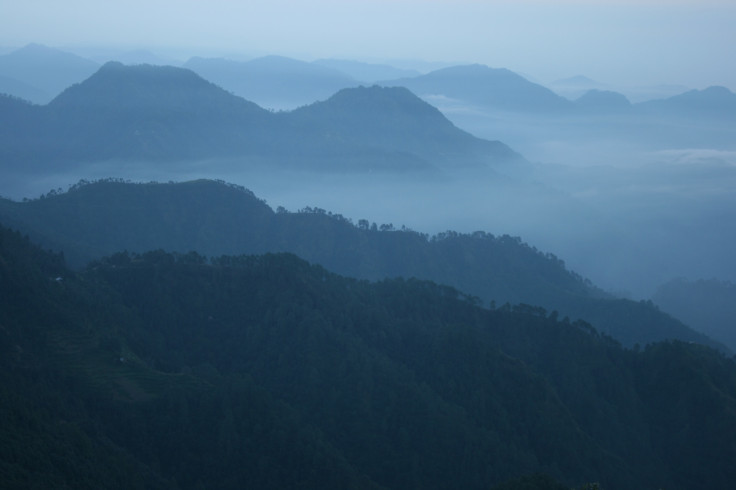Climate Change: Science Appeals To Religion to Help Mobilise People Against Ecosystem Destruction

Two eminent scientists with decades of research in environmental change have appealed to religious leaders to mobilise public opinion against the destruction of ecosystems around the world.
Writing in a paper "Pursuit of common good" in Science, Partha Dasgupta, an economist at St John's College, University of Cambridge, and Veerabhadran Ramanathan, a climate and atmospheric scientist at Scripps Institution of Oceanography, University of California, San Diego, say organised religion is uniquely placed to motivate communities to oppose industrial activities and government policies which threaten the planet's "natural capital".
The paper comes just before a United Nations summit on climate change to be held in New York on 23 September.
Naomi Oreskes, Harvard-based historian of science and climate change issues, has described the paper as "a watershed moment".
Describing humanity's relationship with natural resources as being "at crossroads" the authors argue that the planet's natural capital which is exploited to lift people out of poverty, ends up creating further demand for food, water and energy.
The destruction of vital ecosystems is taken seriously neither by development economists nor by national governments who permit GDP growth to trump environmental protection in their policies.
"Religion has access to networks at every level in a way that scientists do not, and that's really why we are appealing to them to help address common issues for the sake of a common good," said Dasgupta.
Alongside their potential role in turning public opinion, the paper suggests that religious organisations could provide more practical help, for example, by using their charitable means to provide the world's poorest people, with access to clean energy technologies such as biogas stoves and solar lamps.
"It is miraculous that eight decades of research by Professor Dasgupta and myself on the natural and social science aspects of environmental changes has led us to the doorstep of moral leaders of religions to rescue humanity from climate change," Ramanathan said.
© Copyright IBTimes 2025. All rights reserved.





















